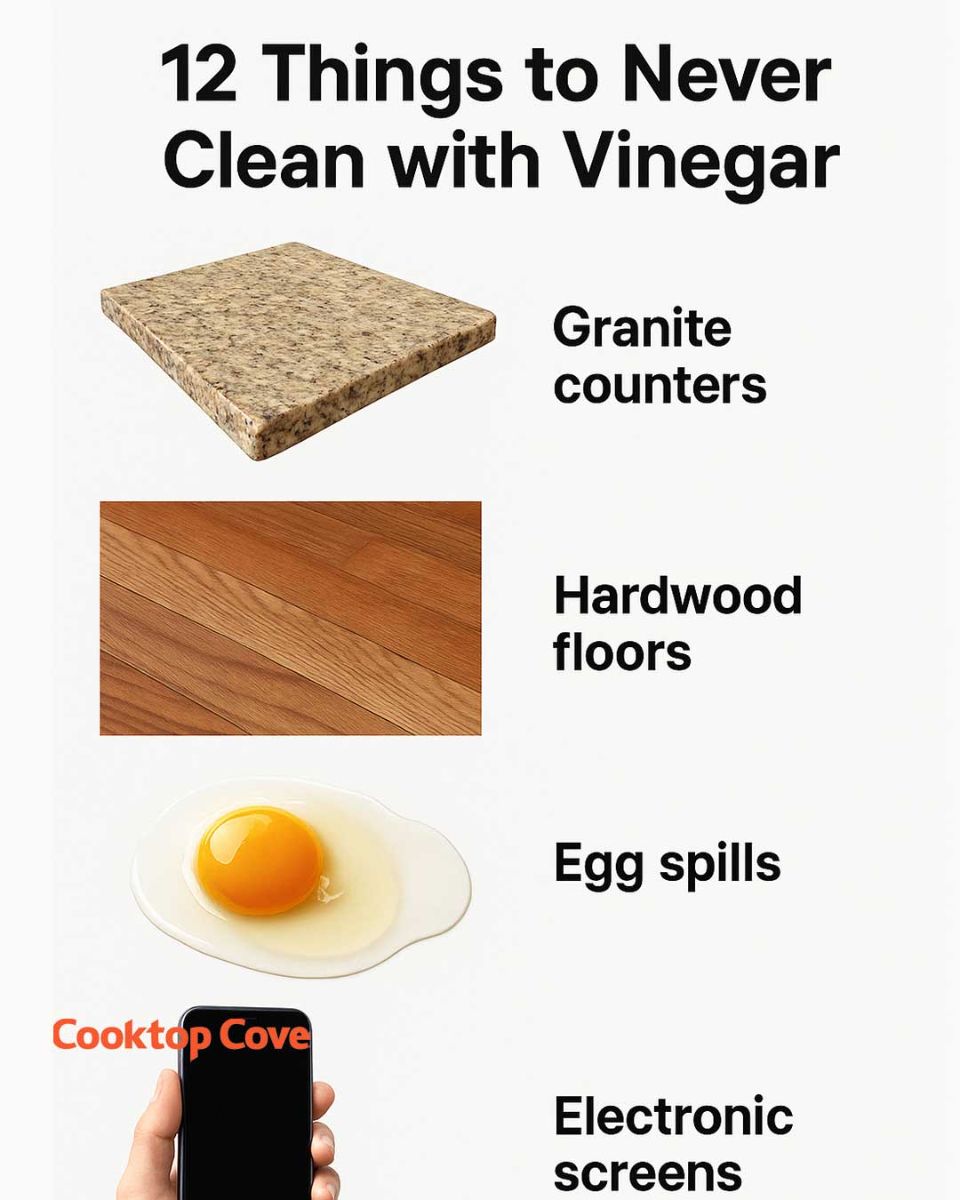Aluminum cookware is lightweight and conducts heat well, but it can react with acidic substances like vinegar. This reaction can cause pitting, a form of corrosion that creates small holes in the surface of the cookware.
To clean aluminum cookware, use a mild dish soap and warm water. For stubborn stains, consider using a paste made from baking soda and water. This method will clean the cookware without causing damage or corrosion.
10. Rubber Seals: Keeping Them Intact
Rubber seals, such as those found in appliances like dishwashers and refrigerators, can degrade when exposed to acidic substances like vinegar. The acid can cause the rubber to become brittle and crack, compromising the seal’s effectiveness.
To clean rubber seals, use a mild detergent and water. Regular cleaning will help prevent mold and mildew without damaging the rubber. Ensure the seals are thoroughly dried after cleaning to prevent moisture buildup.
11. Natural Stone Tiles: Protecting the Integrity
Natural stone tiles, like those made from travertine, limestone, or sandstone, are vulnerable to damage from acidic cleaners like vinegar. The acid can etch the surface, leading to dullness and potential weakening of the tiles.
To clean natural stone tiles, use a pH-neutral cleaner designed for stone. Regular sweeping and mopping with the appropriate cleaner will help maintain the appearance and structural integrity of your stone tiles.
12. Cast Iron Pans: Preserving the Seasoning
Cast iron pans are prized for their ability to retain heat and develop a natural non-stick surface through seasoning. Vinegar can strip away this seasoning, leaving the pan vulnerable to rust and reducing its non-stick properties.
To clean cast iron pans, avoid using soap or acidic substances. Instead, use a stiff brush and hot water to remove food residue. After cleaning, dry the pan thoroughly and apply a thin layer of oil to maintain the seasoning and prevent rust.

